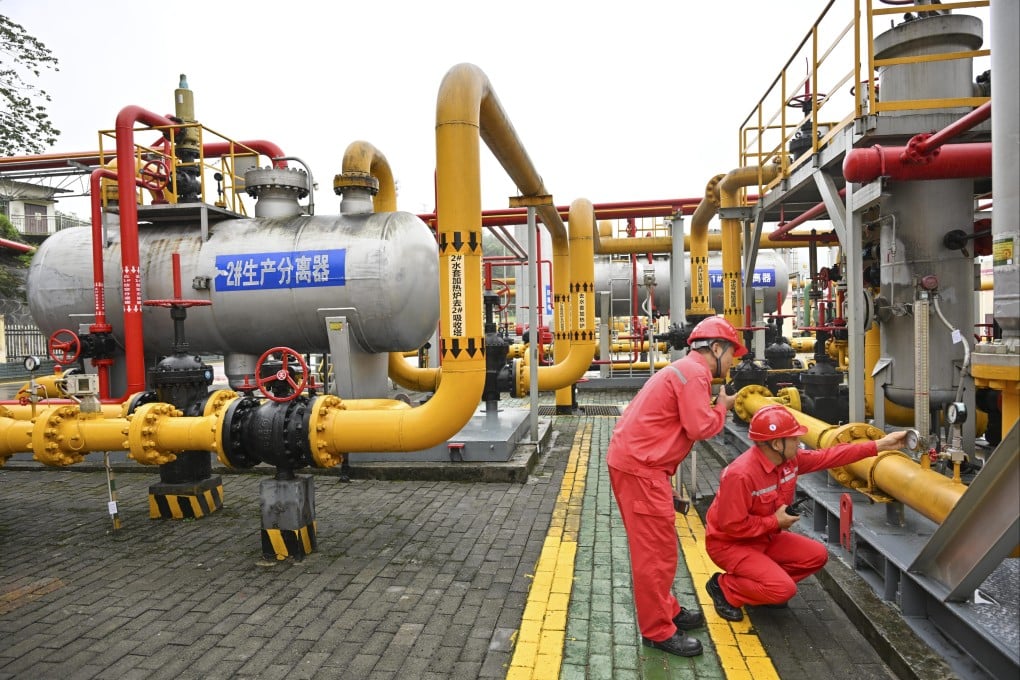Ukraine designates China’s biggest oil firms as ‘sponsors of war’ for Russian joint ventures
- CNOOC Group, Sinopec Group and CNPC were added to the Ukrainian government’s register
- Ukraine agency claims that banks and insurance companies use registry for risk assessments

Ukraine has added the three biggest Chinese oil and gas producers – all state-owned companies – to its “international sponsors of war” list, spotlighting joint projects with Russia that Kyiv says help fund Moscow’s war effort.
The National Agency on Corruption Prevention (NACP), a Ukrainian government body, put China National Offshore Oil Corporation (CNOOC Group), China Petrochemical Corporation (Sinopec Group), and China National Petroleum Corporation (CNPC) on the register on Tuesday, a move that could fan tensions with Beijing.
Ukraine uses the list as a way to pressure businesses into limiting their activity with Russia, which invaded Ukraine in February 2022, in turn curbing the resources available to the Russian military.
The move boosts the number of Chinese companies on the list to 12, more than any other nationality.

The energy giants join automotive companies Zhejiang Geely Holding Group and Great Wall Motor, providers of video surveillance equipment Dahua Technology and Hikvision, Kerui Group, an industrial group involved in the energy sector, telecoms giant Xiaomi Corporation, construction behemoth China State Construction Engineering Corporation, e-commerce giant Alibaba Group, and radar company Comnav Technology.